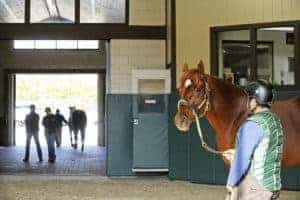
Common Stallion Reproductive Disorders
A variety of conditions can impact a stallion’s fertility, from inherited to acquired. Here’s why they occur and how to prevent them.

A variety of conditions can impact a stallion’s fertility, from inherited to acquired. Here’s why they occur and how to prevent them.

Discover a better way to manage stallions to help meet their social needs and improve welfare.
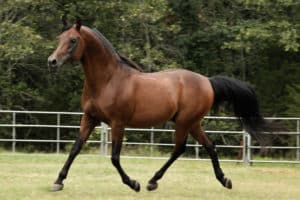
Most stallions should be fed according to their maintenance requirements, depending on if and how much they’re exercising, when not being bred or collected.

Researchers found that adding trehalose to stallion semen extenders significantly increased post-thaw viability.

One theriogenologist describes equine reproductive development and how to diagnose horses with unexpected genitalia.

Researchers assess ways to give stallions deemed “bad coolers” a fertility boost.

Both the stallion and mare must be in good health and fertility before you even attempt to produce a foal.

Results from a recent study in Egypt showed an association between certain horse demographics and vulnerability to West Nile virus.

Determining exactly which vaccines a horse needs can be confusing. Here are some basic do’s and don’ts to make sure you’re providing the disease protection your horse needs.
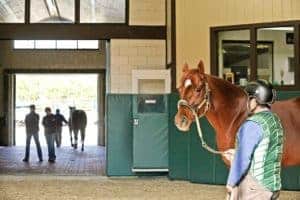
Many factors influence stallion fertility, a good number of which can be managed and improved.
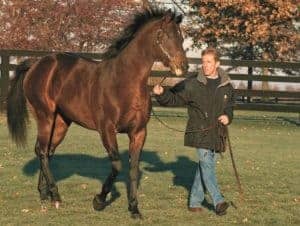
Age can affect a stallion’s fertility and his ability to settle mares. Reproduction specialist Dr. Ryan Ferris explains.
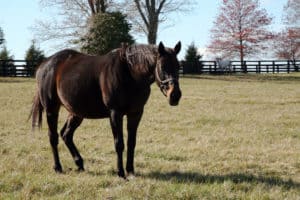
To shed light on the fertility troubles many breeders encounter, two theriogenologists have shared seven practical tips centered around getting a mare in foal.

Intact males with hidden testes can present owners with increased costs and dilemmas.

Dr. Camie Heleski of the University of Kentucky talks about research into cohousing for stallions.

Find out how to prevent equine upper respiratory tract infections from spreading throughout your barn.

Strep zoo are responsible for a variety of diseases and issues in horses, including pneumonia, abortions, and upper respiratory, wound, testicular, and neonatal infections.
Stay on top of the most recent Horse Health news with
© 2022 Copyright Statement dolor sit amet, consetetur sadipscing User Terms, sed diam nonumy eirmod tempor invidunt ut labore et dolore magna aliquyam erat, sed diam voluptua. At vero eos et accusam et justo duo dolores et ea rebum. Stet clita kasd gubergren, no sea takimata sanctus est Lorem ipsum dolor sit amet.
"*" indicates required fields